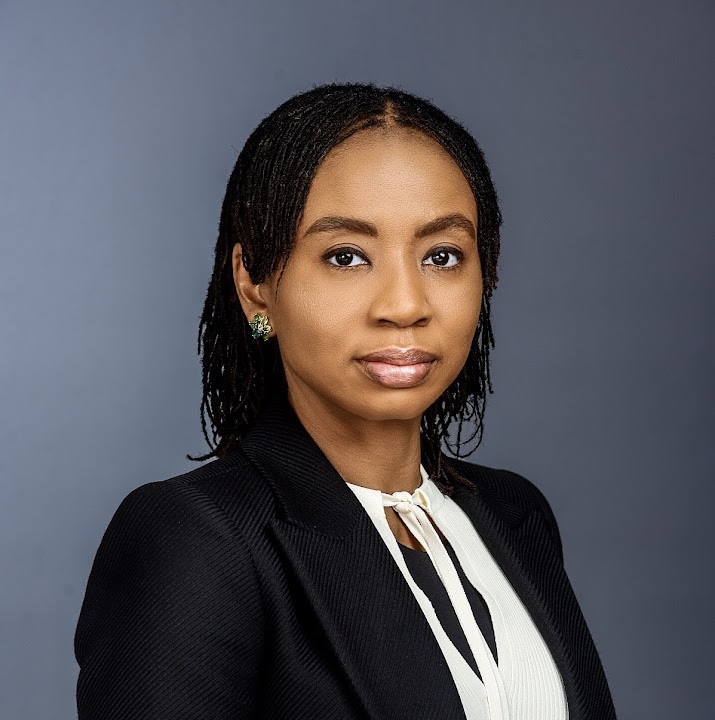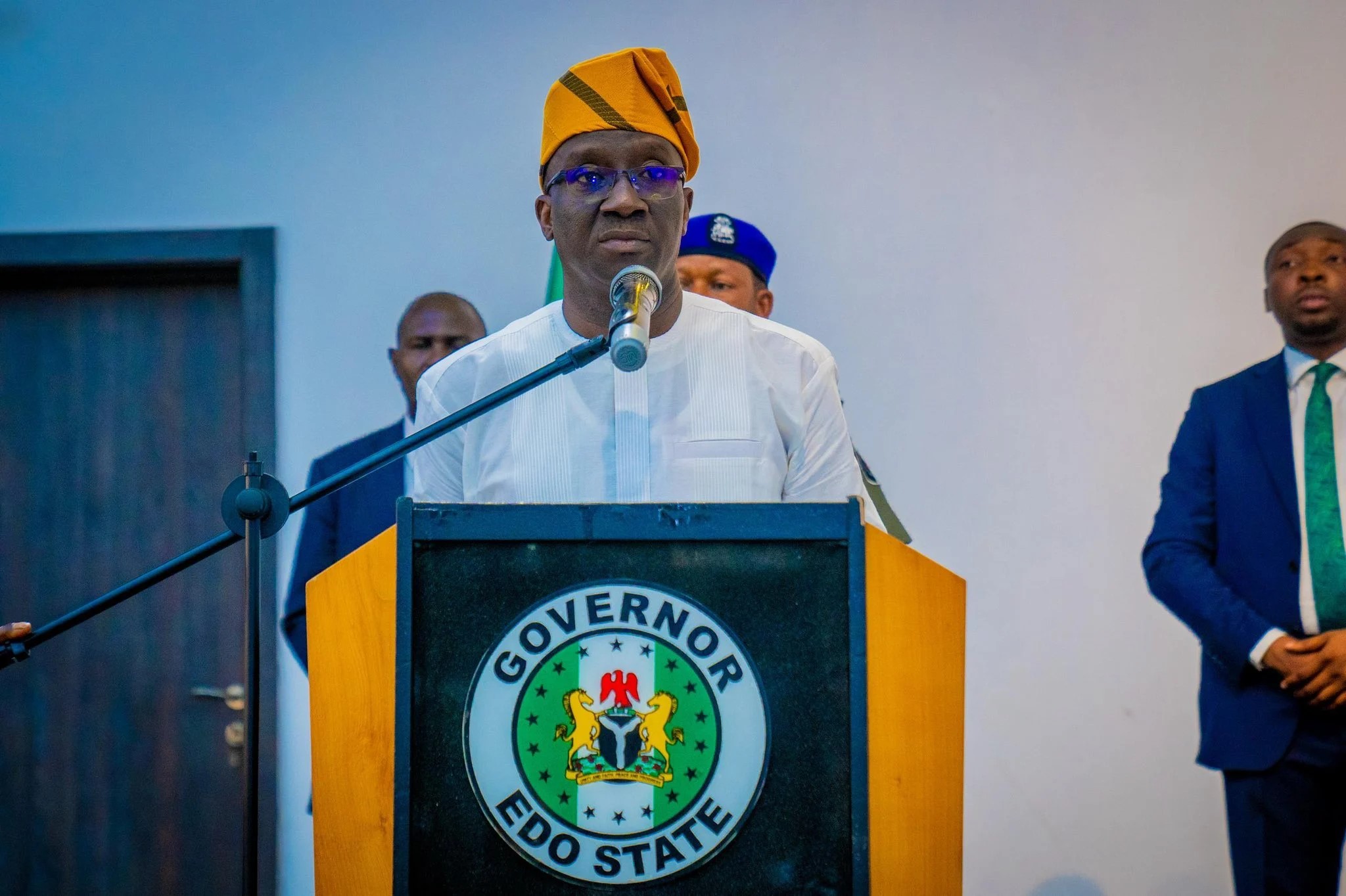
The National Pension Commission (PenCom) has reaffirmed its commitment to strengthening collaboration with the judiciary to advance Nigeria’s pension reform agenda and ensure effective retirement benefits administration.
PenCom’s Director-General, Mrs. Omolola Oloworaran, stated this at a sensitisation workshop on the Contributory Pension Scheme (CPS) for Judges of the National Industrial Court of Nigeria (NICN) on Wednesday in Abuja.
Oloworaran, represented by the Acting Commissioner for Administration, Mr. Bello Malabu, said the engagement sought to deepen understanding and clarify concerns between the judiciary and the pension industry.
She acknowledged the progress achieved in pension reform over the last two decades but noted lingering challenges such as accrued pension rights, delayed remittances, and transition issues affecting some judicial officers.
“Through the intervention of President Bola Tinubu, the Federal Government now pays the retirement benefits of Treasury-funded Ministries, Departments, and Agencies as and when due,” she said.
Oloworaran added that PenCom had opened discussions with the National Judicial Council (NJC) to address accrued benefits for judges who transitioned into the CPS before joining the Bench.
She also unveiled the Personal Pension Plan (PPP) — a rebranded voluntary pension product designed to provide greater flexibility and inclusiveness for professionals, the self-employed, and individuals in non-traditional employment.
She encouraged judicial officers and senior public officials to consider enrolling in the PPP to strengthen their financial security in retirement.
“As custodians of justice, your welfare is paramount. We urge Justices and Judges of all Superior Courts to participate in the PPP to ensure financial stability for themselves and their dependants,” she added.
The PenCom boss further presented the first volume of the Pension Law Report, a compendium of landmark pension-related judgments delivered by the NICN and other courts. She commended Justice Benedict Kanyip, President of the NICN, for supporting the publication and promoting sound pension jurisprudence.
In his remarks, Justice Kanyip called for a comprehensive review of political pensions and severance packages, describing them as inconsistent with social justice and the principles of public service.
“It is not morally right to pay an elected officer or political appointee pension and gratuity for holding office for just three to eight years. Such laws lack moral justification, promote social injustice, and are undemocratic,” he said.
Kanyip noted that only about 10 per cent of Nigeria’s working population was covered by formal pension schemes, due to challenges such as non-remittance, weak enforcement, and delays in benefit payments.
He urged PenCom to tighten compliance mechanisms and leverage technology to improve transparency and efficiency.
He emphasised that the CPS remained a vital framework for protecting workers’ post-employment rights but required periodic reviews to ensure fairness and sustainability.
Also speaking, the President of the Pension Fund Operators Association of Nigeria (PenOp), Mr. Godson Ukpevo, described the workshop as an opportunity to reflect on the successes and challenges of the Pension Reform Act (PRA).
Ukpevo, who is also the Managing Director of Veritas Glanvills Pensions Ltd, said the pension system had restored confidence in retirement planning, attracted millions of contributors, and grown pension assets to over ₦25 trillion, representing a major pool of long-term domestic capital.












